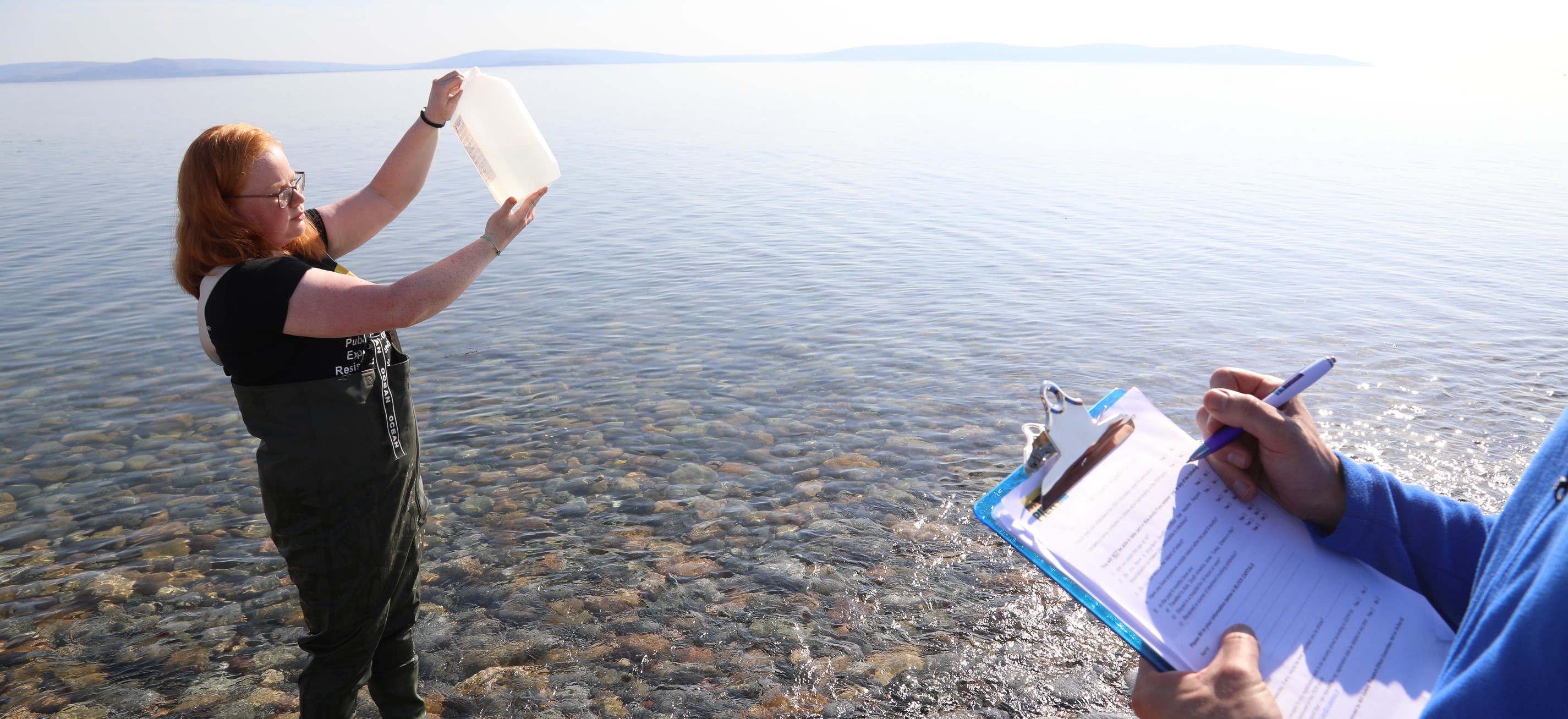-
Courses

Courses
Choosing a course is one of the most important decisions you'll ever make! View our courses and see what our students and lecturers have to say about the courses you are interested in at the links below.
-
University Life

University Life
Each year more than 4,000 choose University of Galway as their University of choice. Find out what life at University of Galway is all about here.
-
About University of Galway

About University of Galway
Since 1845, University of Galway has been sharing the highest quality teaching and research with Ireland and the world. Find out what makes our University so special – from our distinguished history to the latest news and campus developments.
-
Colleges & Schools

Colleges & Schools
University of Galway has earned international recognition as a research-led university with a commitment to top quality teaching across a range of key areas of expertise.
-
Research & Innovation

Research & Innovation
University of Galway’s vibrant research community take on some of the most pressing challenges of our times.
-
Business & Industry

Guiding Breakthrough Research at University of Galway
We explore and facilitate commercial opportunities for the research community at University of Galway, as well as facilitating industry partnership.
-
Alumni & Friends

Alumni & Friends
There are 128,000 University of Galway alumni worldwide. Stay connected to your alumni community! Join our social networks and update your details online.
-
Community Engagement

Community Engagement
At University of Galway, we believe that the best learning takes place when you apply what you learn in a real world context. That's why many of our courses include work placements or community projects.
Colonisation Study
The PIER project is investigating whether we can pick up “superbugs” from using our seas, lakes and rivers for recreation and we need your help!
“We really need to test people who don’t get in the water regularly to compare to the hundreds of swimmers and surfers who have already been tested” – Prof Dearbháile Morris, PIER Project Leader
What’s involved?
We send a study pack to your house with everything you need to take part. Everything is done from your own home and should take about 10 minutes:
- Collect a small faecal (poo) sample after you go to the toilet. We know it sounds strange, but this is the only way for us to test if you are carrying superbugs in your gut. The pack has a collection pot and spoon with full instructions and we only need a grape-sized sample.
- Fill out a short survey with questions on potential risk factors for carrying superbugs. It will allow us to investigate links with superbug carriage.
- Sign a consent form – written permission from you that we can analyse your sample and data
Once that’s done you just put your sample and survey in our specially designed safe pack and return to us by freepost in the provided envelope!
What are Superbugs?
“If we fail to act, we are looking at an almost unthinkable scenario where antibiotics no longer work and we are cast back into the dark ages of medicine” – David Cameron, former UK Prime Minister
- Superbugs are antibiotic resistant bacteria, which means they can’t be killed by normal antibiotics like penicillin. They are spreading across the world at an alarming rate.
- In some countries like Greece and Italy around 50% of certain bloodstream infections are now caused by superbugs resistant to almost all available antibiotics.
- Superbugs kill about 700,000 people a year already (including 50,000 in Europe and the US alone) and it’s predicted that by 2050 they will kill 10 million people a year.
Why should you participate?
“In 2021 untreated waste water (raw sewage) from the equivalent of 75,000 people still flows into the environment every day from 34 towns and villages.” – Environmental Protection Agency
- Swimmers, surfers and other water users may be more at risk of picking up superbgs present in this waste and carrying them in their gut.
- This is one way they could get into our homes and workplaces, where they could spread to vulnerable people at risk of serious infection.
- The results of this study will help us to find out what role the natural water environment plays in the spread of superbugs and will feed into Irish and European policy on the control of superbugs, the management of waste and the monitoring of recreational waters.
- We hope this will lead to safer, cleaner waters for all to enjoy!
















